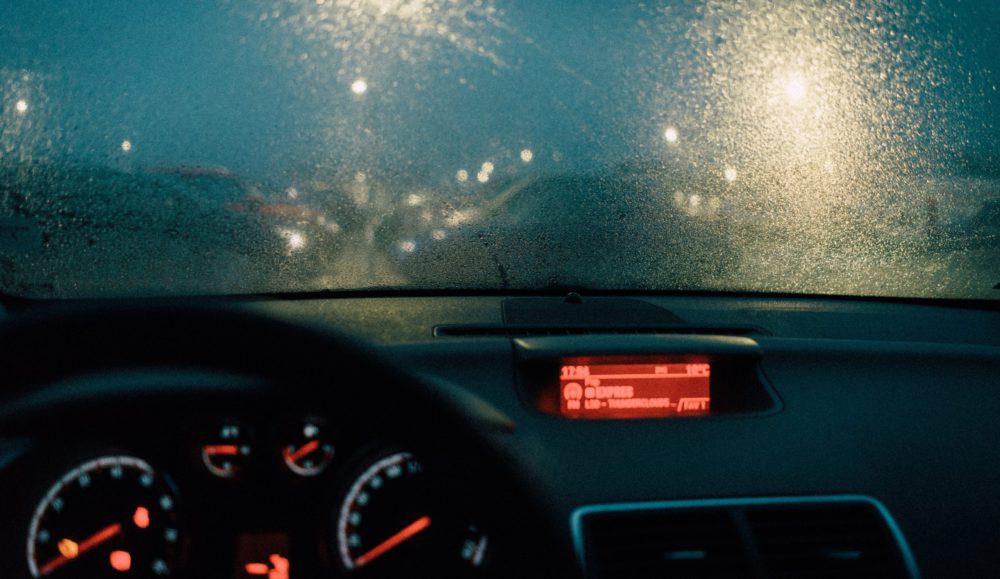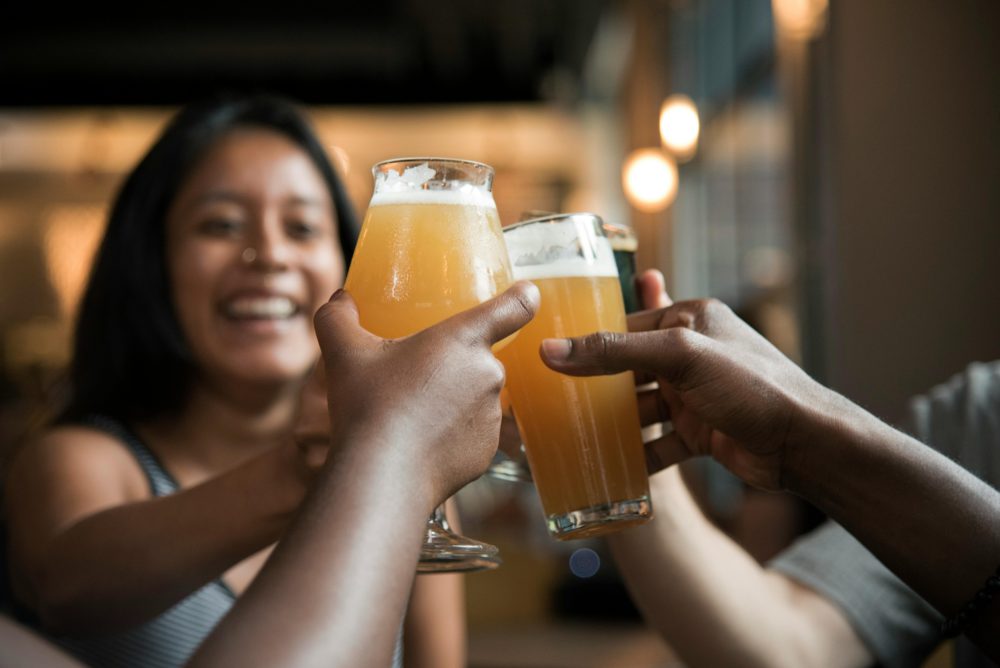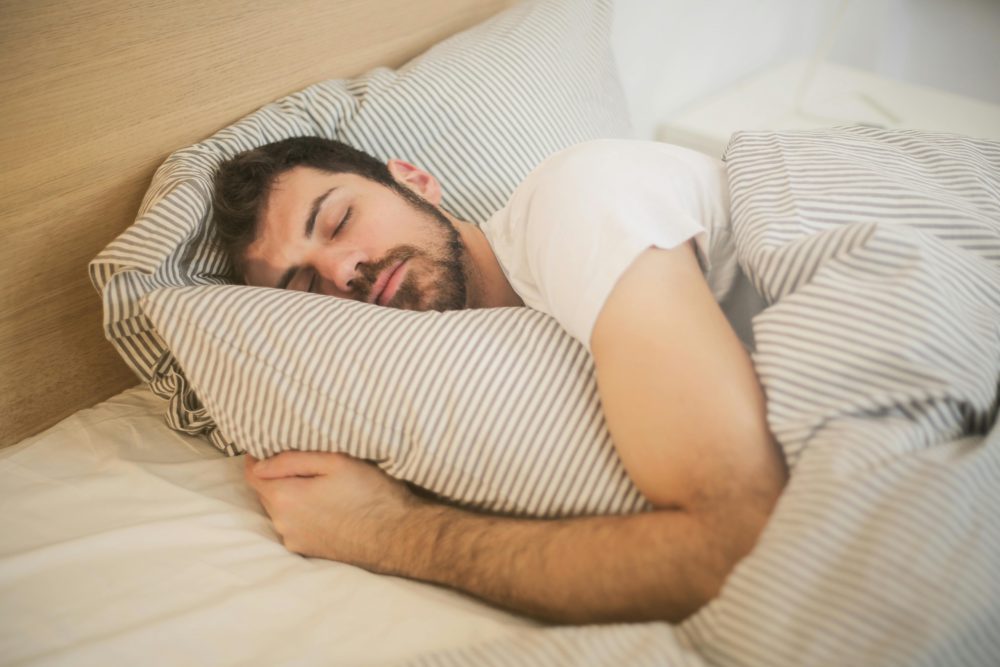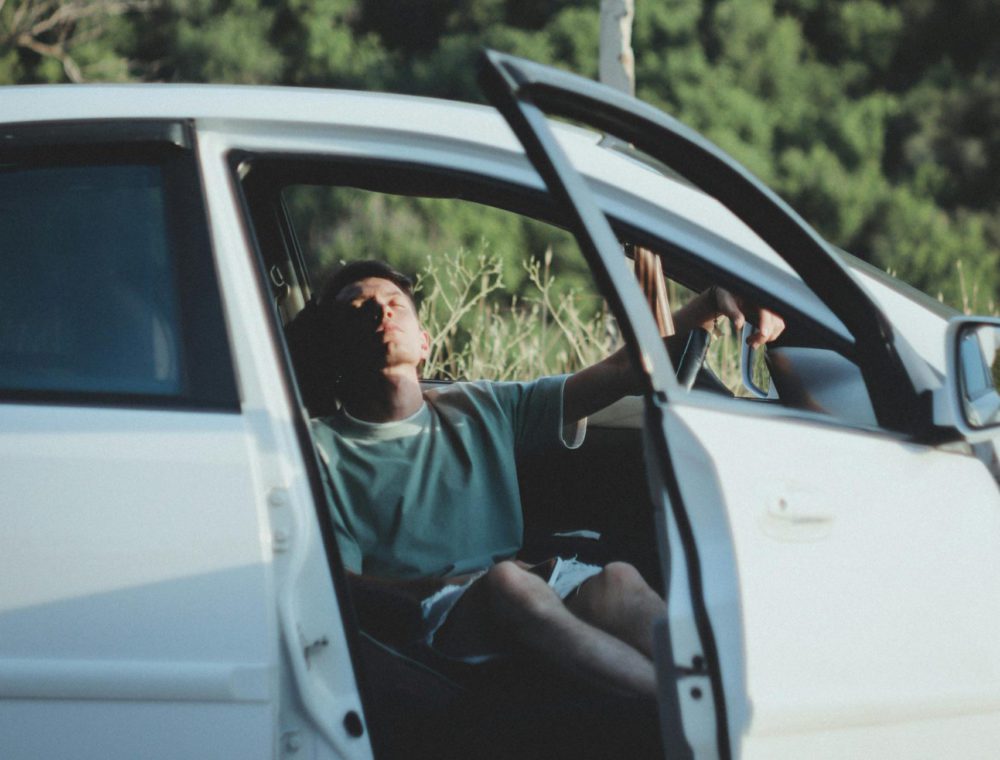Unlike amaretto and apple juice, drinking and driving don’t mix well. Let’s get into what the law actually says.
Can I drink and drive?
If you’re over the limit and drive you could be looking at jail time (potentially a lot if it).
If you’re under the limit, it’s not illegal to have a drink before driving – but that doesn’t mean it’s a good idea. Even one drink will affect your judgement and slow your reactions. And that’s not helpful, especially when driving at night or other conditions that require extra concentration.

How much can I drink before I’m over the drink drive limit?
It’s impossible to say. That may sound surprising, but it’s true.
That’s because the law is not based on how many units you’ve drunk – it’s based on the level of alcohol in your breath, blood or urine (depending on the test). Everyone processes alcohol differently, so you can’t actually know how much is in your system without testing.
That may not be helpful, but this highlights the fact that just one drink could put you over the limit – even if it might not do the same to someone else.
Okay, got it. But roughly how much alcohol would put me over the drink drive limit?
Very roughly, 1-2 units might typically put a woman over the limit, and 2-3 units might typically take a man over the limit. A large wine or pint of beer will be 2-3 units depending on the strength. Your age, size, metabolism and various other factors all come into play in determining how much alcohol will be in your system if you drink.

To make the same point again, no one can tell you for certain how much you can drink without going over the limit.
What is the drink drive limit?
In most of the UK, the limit is 35 micrograms per 100 millilitres of breath. That works out to 80 millilites per 100 millilitres of blood, or 107 millilitres per 100 millilitres of urine.
However, these limits are all lower in Scotland by almost half (meaning it takes a lot less to be over the limit). In Scotland, it’s 22 micrograms in 100 millilitres of breath, 50 millilitres in 100 millilitres of blood, or 67 millilitres in 100 millilitres of urine.
How long do I have to wait after drinking before I can drive?
This is another one where no one can give you a definite answer.
We all process alcohol at different speeds. Adults tend to process somewhere around 1 unit per an hour. So if you had a glass of wine, the alcohol might take around 2-3 hours to leave your system. This all depends on the size and strength of the drink, as well as the specifics of your body (age, weight, sex, and metabolism all factor in).
As you cannot be certain that you’ll actually process a unit per an hour (and you may underestimate how much you drank if your memory is foggy) you should leave extra time to make sure you’re under the limit. If you’ve been drinking heavily, it makes sense to simply avoid driving the next day.

What happens if I’m caught drink driving?
If you’re caught drink driving you’re looking at a potential 6 month jail sentence, an unlimited fine and a driving ban of at least a year.
If you were to kill someone by drink driving, the sentence can be life. The ban would also be at least 5 years.
What if I refuse to be tested when suspected of drink driving?
Refusing to provide a specimen when asked to by police is an offence and comes with essentially the same penalties as drink driving itself. It’ll land you up to 6 months in jail, an unlimited fine and you’ll be banned from driving for at least a year. Not exactly a life-hack.
How would drink driving impact my car insurance?
Usually, you will have to tell car insurers about any drink driving convictions you’ve had in the last 5 years and it will make your premiums more expensive. This may mean you struggle to find insurance you can afford.
Generally speaking, car insurance providers won’t cover you for incidents where you were drink driving – they’d just pay out for damages caused to others. Basically, it would be as if you only had 3rd party cover, even if you paid for comprehensive coverage.
How would a drink driving conviction impact the rest of my life?
If you drive for work, your employer will see the conviction on your licence. Obviously, you would not be able to do any work of this kind while banned from driving.
Having a criminal record can also show on checks made on you – so might it impact applications for things like jobs or mortgages (at least until the conviction is spent). It might also mean you can’t get a visa to visit certain countries.
Can I be punished for drink driving if I didn’t actually drive?

Being drunk while ‘in charge’ of a vehicle is still an offence, even if you’re not actually driving. There’s no hard and fast definition of what ‘in charge’ means, so it really depends on context. But if you have the keys and you’re in the vehicle, you are likely to be deemed in charge of the vehicle.
So, for example, you drive to the pub. You don’t plan on drinking, but in the end you do. At closing time, instead of calling a taxi, you decide to sleep in the car. This would probably be considered being in charge of a vehicle while over the legal limit.
In terms of punishment, this could land you a jail sentence of up to 3 months, a fine of up to £2,500 and a possible driving ban.




